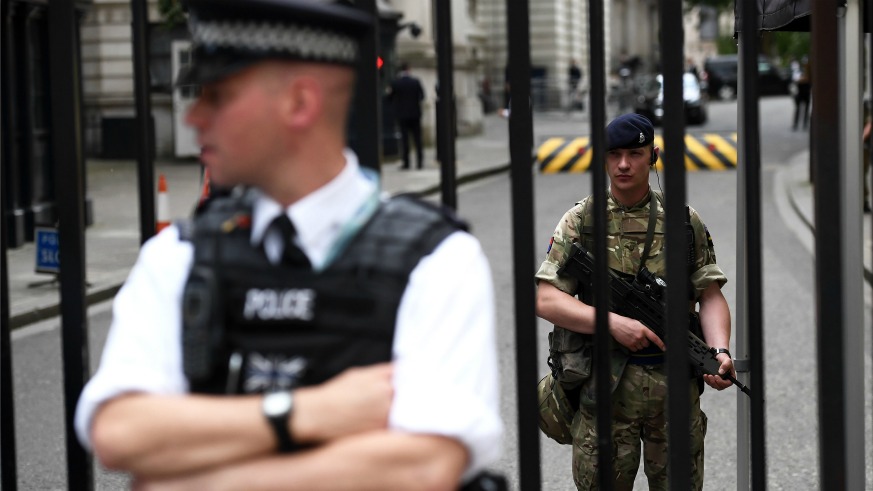On Tuesday, U.S. officials leaked the name of the suspected Manchester suicide bomber against the wishes of British police forces, who feared compromising the investigation, U.K. news services reported.
Twenty-two people were killed and dozens were wounded in Monday night’s bombing at Manchester Arena after an Ariana Grande concert. It was soon reported that the bomber was one man with an improvised explosive device. On Tuesday, U.K. officials suggested they wouldn’t release the suspect’s name that day, citing the ongoing investigation.
Within hours, Salman Abedi was named by NBC and CBS. Reuters also named the suspect, citing “three U.S. officials.” The U.K. government and Manchester police would not confirm the name for two hours after it was reported in the U.S.
RELATED: The Manchester suicide bomber Salman Abedi: Everything we know so far
On Wednesday morning, British Home Secretary Amber Rudd condemned the leaks. “The British police have been very clear that they want to control the flow of information in order to protect the operational integrity, the element of surprise, so it is irritating if it gets released from other sources, and I have been very clear with our friends that that should not happen again,” she said.
Asked whether U.S. officials had “compromised” the investigation, Rudd said she “wouldn’t go that far” but added: “I can say that they are perfectly clear about the situation and that it shouldn’t happen again.”
Within hours of Rudd’s rebuke, NBC’s Richard Engel tweeted details about the suspect’s family, the Guardian reported.
Counterterrorism specialists said this week their standard practice was to keep the name of a suspect secret for at least 36 hours to preserve an element of surprise in approaching relatives, friends and others.
This is the latest of several controversies surrounding the Trump administration’s handling of sensitive or classified information. On Tuesday, President Trump told Philippines President Rodrigo Duterte that the United States has sent two nuclear submarines into Korean waters.
Last week, the president revealed to Russian officials classified information about ISIS, which potentially compromised a spy embedded within the terror group. There was speculation the top-secret intelligence came from Israel, which Trump later confirmed by denying it.
Thomas Sanderson, director of the Transnational Threats Project at the Center for Strategic and International Studies in Washington, sees cause for alarm in this pattern. “This is a leaky administration. What does that mean for sharing information we need, going forward? The U.K. and Israel are probably our two biggest sources of intelligence. Now they’re thinking, ‘Is this going to cause us damage every time we share?’”
Rep. Adam Schiff, D-California, also condemned the leaks about the Manchester bombing. He said the details didn’t come from Congress, which hadn’t been briefed on the situation. “We should have been very careful and respectful of the British investigation and the timing, which the British felt was in their investigative interests in releasing that,” he said. “That should have been their discretion, not ours. If that is something we did, I think that’s a real problem.”



















